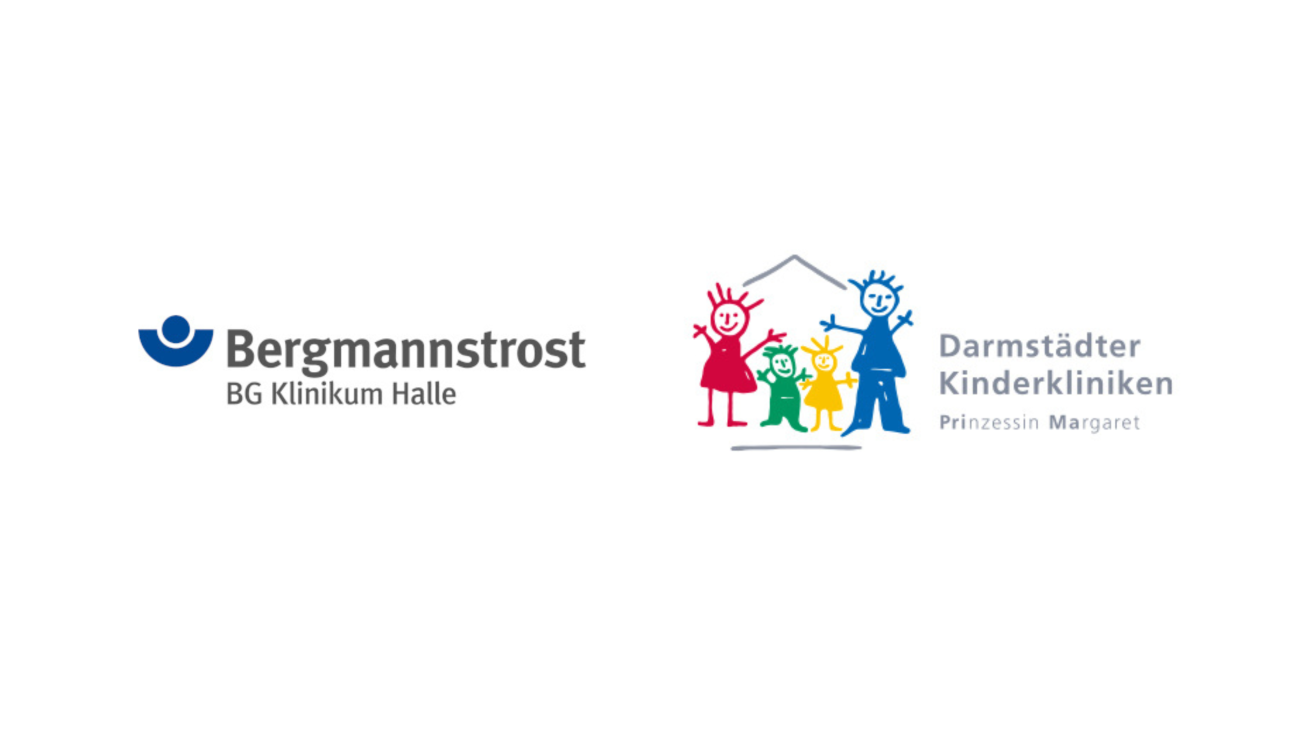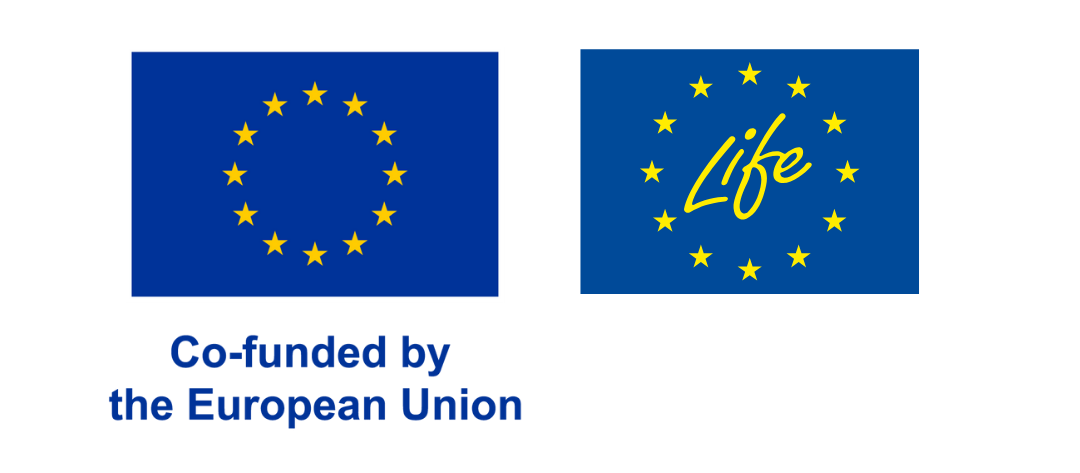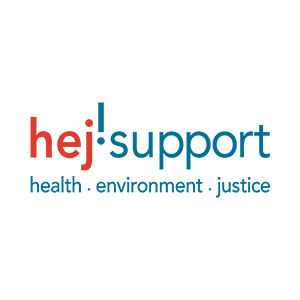In July 2024, HCWH Europe launched PVC-free healthcare, a two-year project supported by the German Federal Environmental Agency (UBA), in collaboration with Health and Environment Justice Support (HEJ Support). The initiative focuses on helping the two German hospitals participating in the project—Darmstädter Kinderkliniken Prinzessin Margaret and BG Klinikum Bergmannstrost Halle—lead the way in adopting safer and more sustainable healthcare practices while accelerating the phase-out of PVC.
Polyvinyl chloride (PVC) is one of the most widely used plastics in the world and in Europe. However, it is also recognised as one of the most environmentally damaging plastics due to its impact during manufacture, throughout its life cycle and the fact that it is notoriously difficult to recycle.
Commonly found in healthcare products and medical devices, PVC poses significant risks to human health and the environment due to the release of toxic chemicals during its production and disposal. Dioxins, byproducts of PVC manufacturing and incineration, are linked to cancer, reproductive issues, and immune system damage. Phthalates, used to make PVC flexible, are associated with endocrine disruption and developmental problems.
Key objectives
The overarching goal of this project is to ensure that PVC-free alternatives are identified, free from harmful chemicals, and contribute to a circular economy in the healthcare sector through:
- Research: Identify safer PVC-free alternatives in the German healthcare sector
- Pilot: Test these PVC-free alternatives in the German healthcare sector to demonstrate their viability
- Advocacy: Raise awareness about the health and environmental risks associated with PVC among the public, policymakers, and the healthcare industry. Advocate for policies that phase out PVC in the European healthcare sector
Project impact
By implementing these strategies, we aim to prove that transitioning to a PVC-free healthcare environment is both achievable and cost-effective, enhancing patient safety and promoting environmental sustainability. Upon completion of the project, HCWH Europe will publish a comprehensive report, detailing the outcomes of this pilot initiative and showcasing best practices for healthcare facilities looking to advance in this critical area.
Project participants

Learn more
If you would like to know more about this initiative, contact us at europe@hcwh.org.

This project is funded by UBA/BMUV (German Federal Environment Agency, and the German Federal Ministry for the Environment, Nature Conservation, Nuclear Safety and Consumer Protection, BMUV). The funds are made available by resolution of the German Bundestag. The publisher is responsible for the content of this publication.

